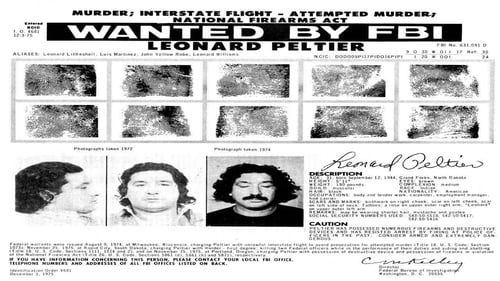
Self
Helmed by "Saturday Night Live" alumna Laura Kightlinger, this hourlong exposé chronicles -- warts and all -- the life of comedian turned activist Randy Credico, an up-and-coming funnyman whose candor tanked his career. But the end of his showbiz days didn't stop him: He switched gears and became a mouthpiece for various causes, including the fight against New York's draconian drug laws. Credico's peers and ex-girlfriends weigh in with insights.

The Black Audio Film Collective’s seventh film envisioned the death and life of the African American revolutionary as a seven part study in iconography as narrated by novelist Toni Cade Bambara and actor Giancarlo Espesito. The stylized tableaux vivants that memorialise Malcolm’s life referenced the early 20th century funeral photography of James Van der Zee’s The Harlem Book of the Dead and the elemental static cinematography of Sergei Paradjanov’s The Colour of Pomegranates.

The Judge
才人スパイク・リー監督が、自身も尊敬する、近代アメリカきっての偉大な思想家であり、キング牧師と並ぶ黒人解放運動のリーダー、マルコムXの生涯を描いた伝記的作品。物語は、マルコムがチンピラだった頃から始まる。若くして窃盗罪で服役し、刑務所の中でイスラム教に改宗、出所ののち彼は、イライジャ・ムハマットの下でブラック・モスレムきっての白人を敵対視する煽動家となる。やがて組織に疑問を感じ、多人種共存の道を探ってメッカを巡礼、そしてあらゆる人種の真の友愛を悟って帰国。そしてアメリカ黒人の解放運動を今までになかった新しい理念によって大きく展開しようとした矢先の1965年2月21日、ハーレムのオーデュボン・ボールルームでの講演中に13発の銃弾を浴びて射殺されるまでの、壮絶な軌跡を克明に追う。原作は、マルコムXが著わし「ROOTS/ルーツ」のアレックス・ヘイリーがまとめた『マルコムX自伝』。D・ワシントンのパワフルな芝居とテンポの良い演出が、この長尺を一気に見せる。

Himself - Wounded Knee Defense Attorney
On June 26, 1975, during a period of high tensions on the Pine Ridge reservation in South Dakota, two FBI agents were killed in a shootout with a group of Indians. Although several men were charged with killing the agents, only one, Leonard Peltier, was found guilty. This film describes the events surrounding the shootout and suggests that Peltier was unjustly convicted.

Self
Filmmaker Morley Markson shows Abbie Hoffman, Jerry Rubin, Allen Ginsberg, Timothy Leary, and other '60s rebels, then and now in a follow up to his 1971 film "Breathing Together: Revolution of the Electric Family."

Self
The title of this Canadian documentary may have some relation to Canadian Marshall McLuhan's theories. It combines interview with famous U.S. militants of the '60s, such as Jerry Rubin and Abbie Hoffman, with reenactments of their Chicago trials (i.e., the "Chicago Eight," etc.). Other figures of cultural interest from the time, including Alan Ginsberg and Buckminster Fuller, are interviewed or featured. The filmmaker indicates his belief that powerful forces in the U.S. government worked together to suppress American radicals. This view, widely disbelieved at the time, has since been confirmed.

Self
In the late spring of 1970, nationwide protests against the war in Vietnam focused in the Wall Street area of New York City and ultimately in a major anti-war demonstration in Washington, D.C.. A group of New York University film students documented the demonstrations as they happened in both cities. Later, in New York, the massive amount of black and white and color 16mm footage was edited into this important record of the day-by-day events. The extended final scene, shot by Edward Summer in a hotel room in Washington, D.C., is a spontaneous conversation among Martin Scorsese, Harvey Keitel, Jay Cocks and Verna Bloom who, along with a large group of NYU students, found themselves frustrated and perplexed by the events and hopeful that the protests would result in change.






